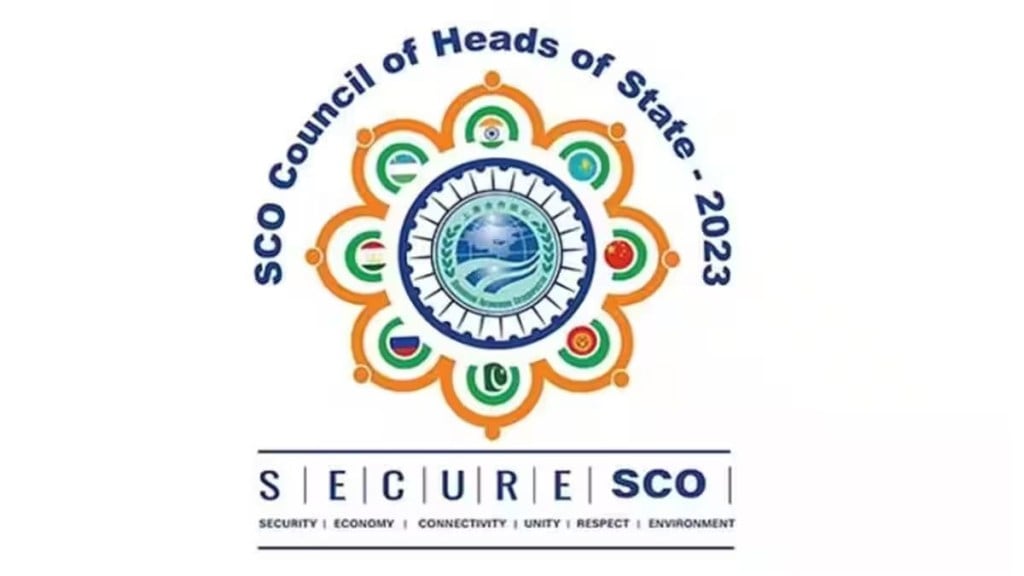In a landmark development, the Shanghai Cooperation Organization (SCO) adopted the New Delhi Declaration, cementing its commitment to combating terrorism and capitalizing on the digital age. This decisive step propels the bloc towards enhanced collaboration among member states.
With the world witnessing an expansion of SCO’s membership and a deepening engagement, the New Delhi Declaration stands as a unique and robust testament to the shared dedication of SCO leaders towards collective security, cooperation, and progress. It signifies a significant milestone in the organization’s journey, heralding a new era of collaboration to address pressing challenges and embrace the transformative potential of the digital world.
The Delhi Declaration, a comprehensive framework, outlines the Member States’ intent to strengthen cooperation across various domains such as politics, security, trade, economy, finance, investment, culture, and humanitarian ties. This effort aims to build a peaceful, safe, prosperous, and environmentally sustainable planet Earth, fostering harmonious coexistence between humanity and nature.
Of particular importance to the members is the building of joint, coordinated efforts by the international community to counter the activities of terrorist, separatist, and extremist groups. The declaration places special emphasis on preventing the spread of religious intolerance, aggressive nationalism, ethnic and racial discrimination, xenophobia, ideas of fascism, and chauvinism. By reaffirming their commitment to peace, joint development, and equal relations based on mutual respect, friendship, and good-neighborliness, they pledged to continue a constructive dialogue and deepen multifaceted cooperation.
Central Asia is recognized as the core of SCO, and they expressed their commitment to supporting the region’s efforts to ensure prosperity, peace, sustainable development, and the establishment of a space characterized by good-neighbourliness, trust, and friendship.
Undoubtedly, the fight against terrorism, separatism, and extremism remains a top priority for the members. Disrupting terror financing channels, suppressing recruitment activities and cross-border movement of terrorists, countering extremism, radicalization of youth, and the dissemination of terrorist ideology are among the proactive steps agreed upon. Moreover, the elimination of “sleeper cells” and terrorist safe havens is of paramount importance.
They reiterated their strong stance against interference in the internal affairs of states under the pretext of countering terrorism and extremism. They also condemned the use of terrorist, extremist, and radical groups for mercenary goals. Recognizing the need for joint coordinated efforts, they emphasized the importance of countering attempts to involve young people in the activities of such groups.
Acknowledging the effectiveness of the SCO Regional Anti-Terrorist Structure (RATS) in promoting cooperation among competent authorities, they underlined the significance of implementing practical measures to enhance cooperation in countering terrorism, separatism, and extremism. The expansion of RATS’ capabilities is essential in this regard, they agreed.
The Delhi Declaration highlights the Member States’ commitment to develop common principles and approaches to form a unified list of terrorist, separatist, and extremist organizations. The activities of such organizations will be prohibited within the territories of the SCO Member States, subject to their national laws and based on consensus.
Recognizing the pivotal role of the United Nations in countering threats in the information space, they stressed the importance of creating a safe, fair, and open information space. This space must be built on the principles of respecting state sovereignty and non-interference in the internal affairs of other countries, the Declaration stated.

